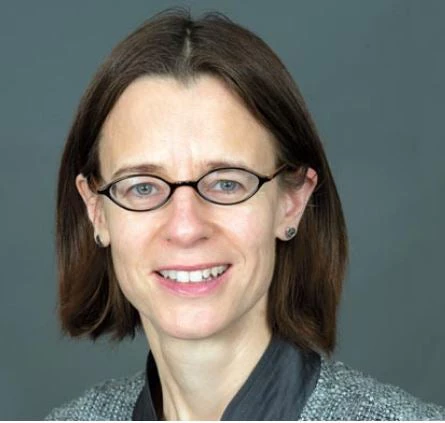
UN Secretary General Ban Ki-moon is championing a Sustainable Energy for All Initiative that seeks to address this challenge. It’s getting a lot of attention here in Rio, and so it should. Many countries and corporations are responding with commitments to help achieve, by 2030, the initiative’s three goals:
• universal access to electricity and clean household fuels
• double the share of renewable energy in the global energy mix
• double the rate of improvement in energy efficiency.
The World Bank Group is among them. In 2011, the Bank Group provided over $8 billion in financing for energy projects and programs, 73% of which is focused on one or more of these three goals. We plan to scale up our efforts to support countries in providing electricity and clean household fuels, while also seeking increased financing to implement them.
Given the current economic climate — slowing growth, financial crises and high deficits, falling development assistance and low carbon prices, as well as some rollbacks on solar and other renewable energy incentives — it is not an easy time to look for public funding for access, renewable energy and energy efficiency.
That's why the private sector has a valuable role to play, whether on renewables, energy efficiency or access.
Last week, REN21, the Renewable Energy Policy Network for the 21st Century, reported that worldwide renewable power capacity rose to 1,360 gigawatts (GW) in 2011, up 8% from 2010, while new investment in renewable energy also rose by 17% in 2011 over the previous year to $257 billion, notwithstanding widespread economic crises.
The International Finance Corporation has just published a report, From Gap to Opportunity: Business Models for Scaling Up Energy Access, which asserts that each year, the poor spend $37 billion on low-quality energy solutions to meet their lighting and cooking needs, on kerosene, candles, disposable batteries and so on. This $37 billion is a market opportunity for companies to provide improved technology solutions and services, the report argues, and makes the case that this market can be developed more systematically.
This is consistent with the way private entrepreneurs have engaged in Lighting Africa, a joint IFC and World Bank program that is helping develop commercial off-grid lighting markets in Sub-Saharan Africa. Lighting Africa has helped mobilize the private sector to build sustainable markets to provide safe, affordable, and modern off-grid lighting to 2.5 million people in Africa. As part of the Sustainable Energy for All initiative, we plan to expand it to reach 250 million people by 2030.
That’s just one of several approaches the Bank Group is taking to mobilize financing from the private sector for energy services that are safe, clean and affordable. We’ll outline them in more detail Thursday here in Rio.


Join the Conversation